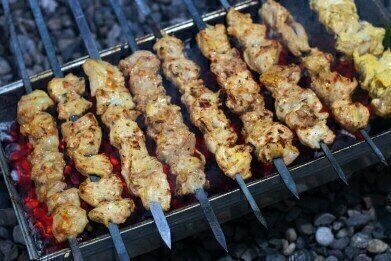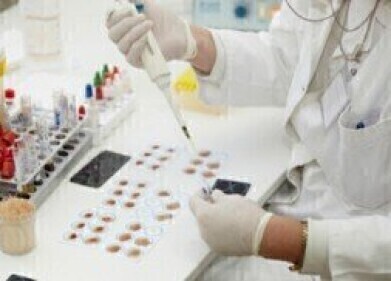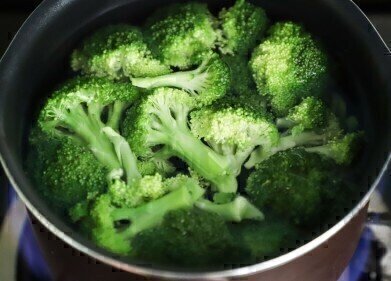Help Desk
Is It Really Halal? Chromatography Checks for Forbidden Meats
Jun 23 2021
We all have our own tastes, preferences and even dietary requirements when it comes to food. But for some, it’s more important than others. That’s especially true for people who are allergic or intolerant to certain ingredients, to avoid a reaction. However, it also applies to people whose religion defines what they can and can’t eat to some degree.
Muslims are a case in point, prohibited from eating any meat which isn’t halal. But how do they know for sure whether meat is really halal? That’s where chromatography can help…
What does halal mean?
Translating as ‘permissible’, halal refers to meat that has been prepared as prescribed by Islamic law, including what the animal is fed, how it is killed and who it is killed by. But there are also certain cuts and types of meat which are prohibited too – specifically meat from the hindquarters and any meat from pigs (pork).
Sounds simple enough. Just avoid the prohibited meats. However, problems can arise if pork is mixed into other meats and sold as beef or lamb, for example. Because pork is typically cheaper than other meats, this has become common practice in some countries – allowing them to sell things as beef or lamb without the same cost for ingredients.
Think it only happens in poorer countries? Cast your minds back to the 2013 horsemeat scandal, when horsemeat was found in a number of beef products sold at UK supermarkets. While it didn’t make the headlines quite as much, pork was another of the undeclared products being used to cut costs and maximise profits for manufacturers.
Halal verification
Clearly, there is a trust issue when it comes to the source of food – and which meats have been used. Thankfully, researchers at Thailand’s Chulalongkorn University have a solution. Knowing that forbidden meats often make their way into Thailand’s beef products, the team at the Halal Science Centre have developed a strip test that can detect DNA from five different forbidden meats.
Based on chromatography and hybridisation, the membrane test strip can trace DNA from pigs, dogs, cats, rodents and moneys. It works using immobilised probes which detect target DNA, triggering coagulation before a coloured band forms to indicate the presence of prohibited meat. The use of chromatography to tackle food fraud is explored further in ‘A question of taste?’.
“The strip test detects targeted DNA, so it can yield a 100% accurate result within three hours, which is much faster than sending the samples to the lab that normally takes one to five business days,” explains Anat Denyingyote from the Halal Science Center. “It is also easy to use, cheap and convenient.” A definite win-win for food standards and Muslim consumers.
Events
May 11 2025 Vienna, Austria
May 18 2025 Tempe. AZ, USA
May 21 2025 Birmingham, UK
Jun 01 2025 Baltimore, MD, USA
Jun 15 2025 Bruges, Belgium














